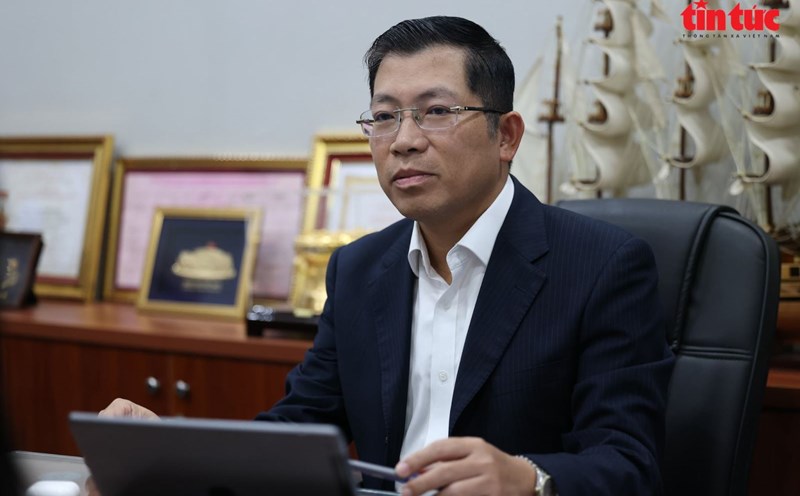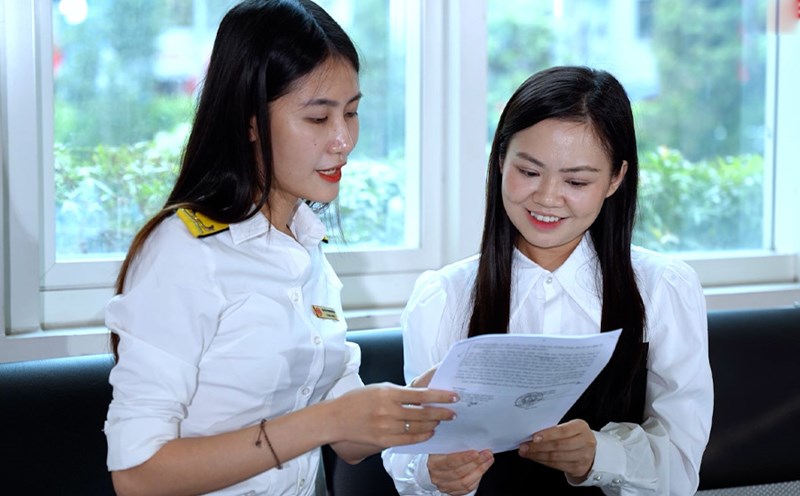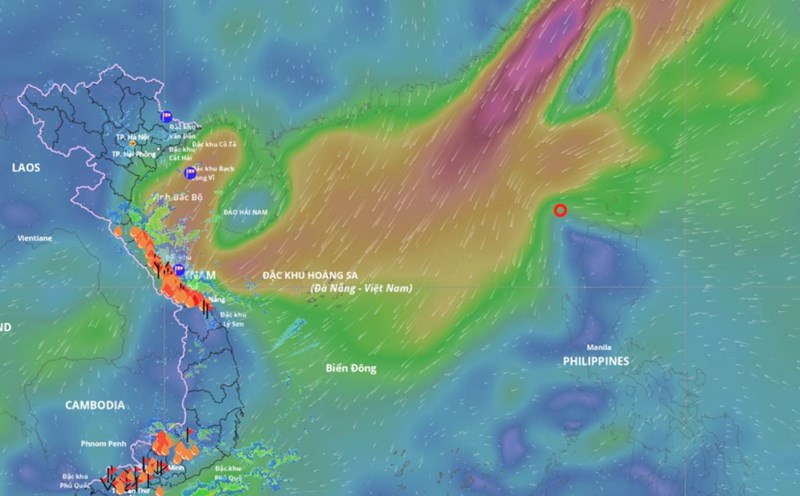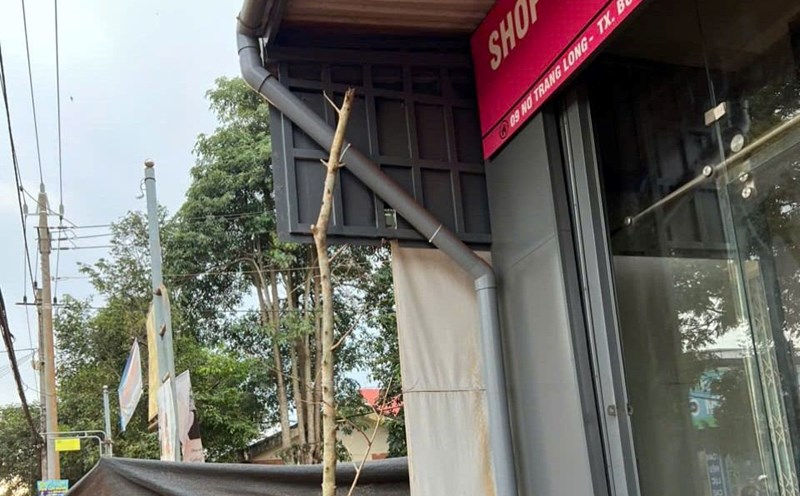Expanding the space for activities to develop journalism
On the morning of October 23, the National Assembly listened to the presentation and report on the review of the draft Press Law (amended). This content will be discussed in the group in the afternoon.
The draft law stipulates the principles on model of press operations and economy, expanding press space to develop journalism in the context of streamlining the apparatus of the political system, meeting the requirements of information and propaganda in the new era.
One of the major policy groups in amending the Press Law this time is the policy group on developing the press economy, allowing the press to exploit new legal sources of income such as digital copyright, linking content, public communication services; creating conditions for the formation of strong key media agencies with enough capacity to integrate internationally.
Along with that is a group of policies on regulating press activities in cyberspace, for the first time including the concept of "digital content conveyance", "national press digital platform" in the Law and stipulating the responsibilities of press agencies when operating on digital platforms, requiring connection to electronic archive systems and compliance with laws on network security and digital data.
Need for appropriate mechanisms for ordering, bidding for public tasks and public investment
Speaking with Lao Dong, Associate Professor, Dr. Bui Hoai Son - full-time National Assembly delegate at the National Assembly's Committee on Culture and Society said that one of the major trends today is decentralization, delegation of power and streamlining the apparatus. The draft law stipulates that the provincial People's Committee is responsible for state management of local press.
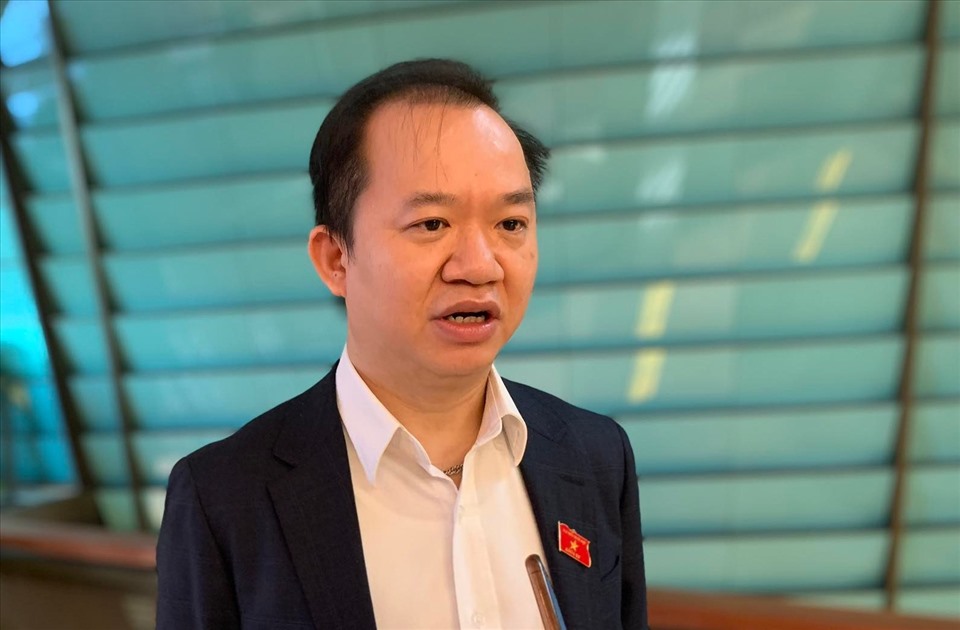
He said that it is necessary to clarify the authority and coordination responsibility of the Provincial People's Committee in managing the representative office and the permanent reporter of the central press.
It is necessary to study and expand the rights of localities in licensing a number of publications, subsidies, and columns; at the same time, strengthen the responsibility for inspecting and supervising press activities in the locality. This will help the press connect with people's lives, reflect in practice, and at the same time reduce the burden on central management agencies" - Associate Professor, Dr. Bui Hoai Son said.
According to Associate Professor, Dr. Bui Hoai Son, regarding the press economic model, in the context of our country not having private press, it is necessary to emphasize the mechanism of ordering, bidding for public tasks and public investment with a focus associated with the technical and economic norms of the press "3 easy": easy to understand, easy to apply, easy to implement.
According to him, this will be an important resource to help the press perform well in political tasks, especially in remote areas, islands, and foreign affairs. At the same time, the Law should also expand the legal framework for forms of linkage, socialization, public-private cooperation in the press, with breakthrough preferential policies on taxes, land, access to credit... for press agencies, including partners when organizing cultural events, community activities... Along with that is a strict control mechanism to avoid commercialization, away from principles and purposes.
Towards the goal of "professional - humane - modern"
According to Director of the Press Department Luu Dinh Phuc (Ministry of Culture, Sports and Tourism), this revised Law is expected to develop and manage press activities well, towards the goal of "professional - humane - modern".
Professional standards on card issuance procedures, requirements for training, transparency of the responsibility of the head, rights and responsibilities of journalists and reporters, and mechanisms for revoking licenses when violating, helping to improve the quality of journalists and handle violations more effectively.
Humanitarian in the mechanism of assigning tasks, placing orders, bidding and supporting to serve information tasks for disadvantaged groups (children, the blind, remote areas...), ensuring the press performs social service functions.
Modernise the legalization of press activities on digital platforms, invest in national press digital platforms and data infrastructure, monitoring, electronic records, thereby facilitating digital transformation, exploiting digital business models and ensuring information sovereignty in cyberspace.



